
OR
Doklam dispute resolution.
The nearly five-week-long standoff between India and China over the Doklam plateau, located at their disputed tri-juncture with Bhutan, seems to be over with both India and China agreeing to pull back their troops from the disputed area. Even though India and China seem to have differing understandings of this ‘disengagement’, both the sides have acknowledged that recent developments are positive and that the crisis is now over—at least for time being. There are many aspects to this standoff but the most significant one for Nepal was that the small buffer state of Bhutan, over which India and China seemed to be fighting, seemed to have been consulted neither at the start of the crisis nor at its end. This has once again proven the old maxim that whether two giants fight or make love, the grass under them suffers. Just like India and China have disputed tri-junction with Bhutan, the two countries also share a strategically and commercially important tri-junction of Lipulekh with Nepal. India and China have, at least on two occasions, completely bypassed Nepal while deciding to open up new lines of trade via Lipulekh. Nepal’s territorial rights were thus compromised at a time of peace between India and China.
As the standoff over Doklam suggests, it will be no different should the two countries confront each other over Lipulekh tomorrow. The question then is: How can comparably smaller countries in the neighborhood such as Nepal and Bhutan protect their territorial rights against competing demands of big countries like India and China? Sadly, on our own, we can do precious little. Nepal’s membership in the United Nations or in various other regional forums is unlikely to deter big countries from trading away Nepal’s rights if it is expedient for them to do so. This is why the issue of Lipulekh has to be consistently raised at the highest level, with both India and China, so that they at least know that Nepal has not abandoned its territorial claims. Consistently raising the issue will also force India and China to at least consider Nepal’s position should a Doklam-like situation arise over Lipulekh in the future. But this all-important issue for Nepal is seldom raised at the highest level. It did not figure anywhere during Prime Minister Sher Bahadur Deuba’s recent state visit to India.
With India and China on the brink of war over Doklam, our prime minister did not feel the need to remind his Indian counterpart of another disputed tri-junction. Nor has Nepal made such efforts with China. For instance, Lipulekh was not raised during Chinese Vice-Premier Wang Yang’s recent Nepal visit. We raise a hue and cry every time India and China trample on our rights over Lipulekh. Yet we are not ready to take up proactive steps to ensure that Doklam-like situation never emerges over Nepali territories. Perhaps those who are advising the foreign ministry on the content of new foreign policy of federal Nepal could offer some timely advice. Surely, protecting our territorial integrity is among new Nepal’s main foreign policy priorities.
You May Like This

Rain, snowfall forecast in western high-hilly and mountainous region
KATHMANDU, Jan 13: Light to moderate snowfall and rain is likely to occur in the high-hilly and mountainous areas in... Read More...
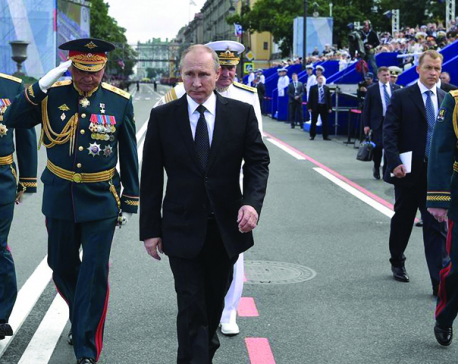
Cold War II
A quarter-century after the end of the Cold War, we unexpectedly find ourselves in a second one. It is both... Read More...
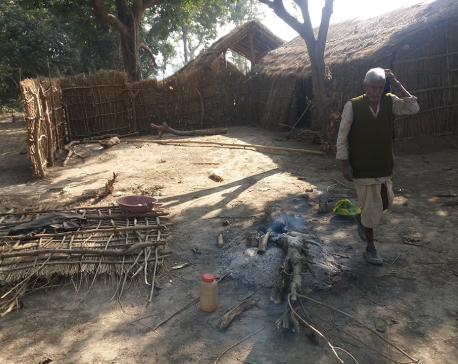
Flood victims suffering from cold, cough, fever
KOHALPUR, Jan 3: The dipping temperature has started to take a serious toll on health of flood victims living in makeshift... Read More...





Just In
- Nepalgunj ICP handed over to Nepal, to come into operation from May 8
- Nepal to gift two elephants to Qatar during Emir's state visit
- NUP Chair Shrestha: Resham Chaudhary, convicted in Tikapur murder case, ineligible for party membership
- Dr Ram Kantha Makaju Shrestha: A visionary leader transforming healthcare in Nepal
- Let us present practical projects, not 'wish list': PM Dahal
- President Paudel requests Emir of Qatar to initiate release of Bipin Joshi
- Emir of Qatar and President Paudel hold discussions at Sheetal Niwas
- Devi Khadka: The champion of sexual violence victims



_20240423174443.jpg)





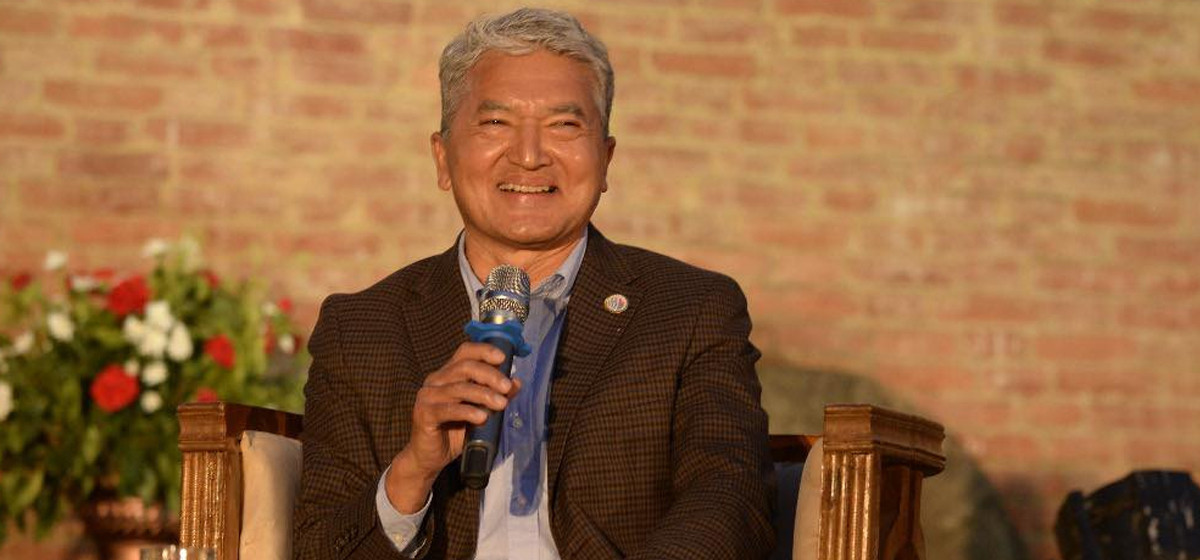
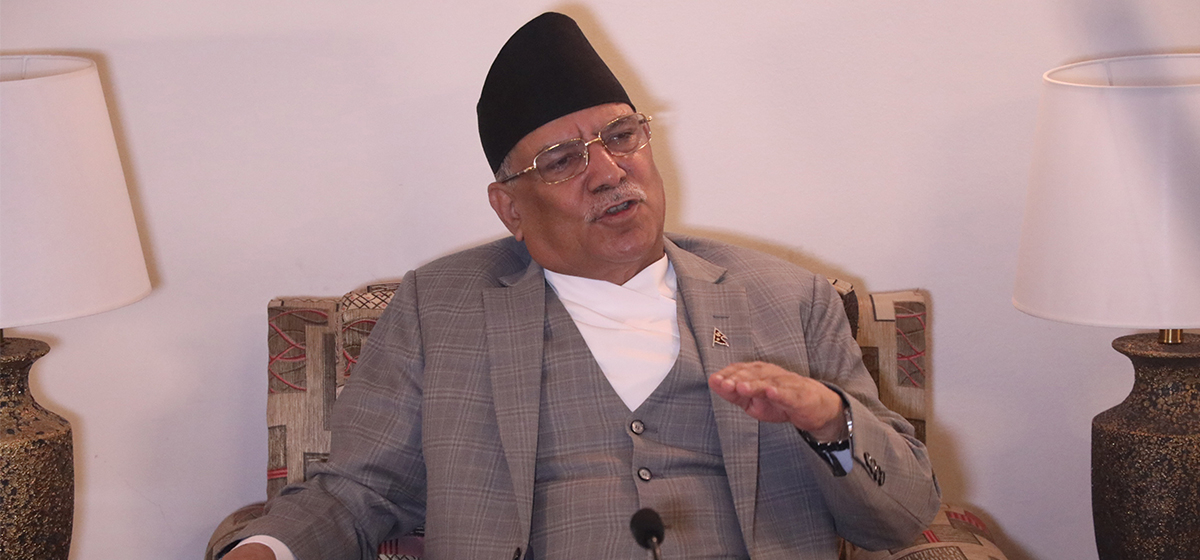

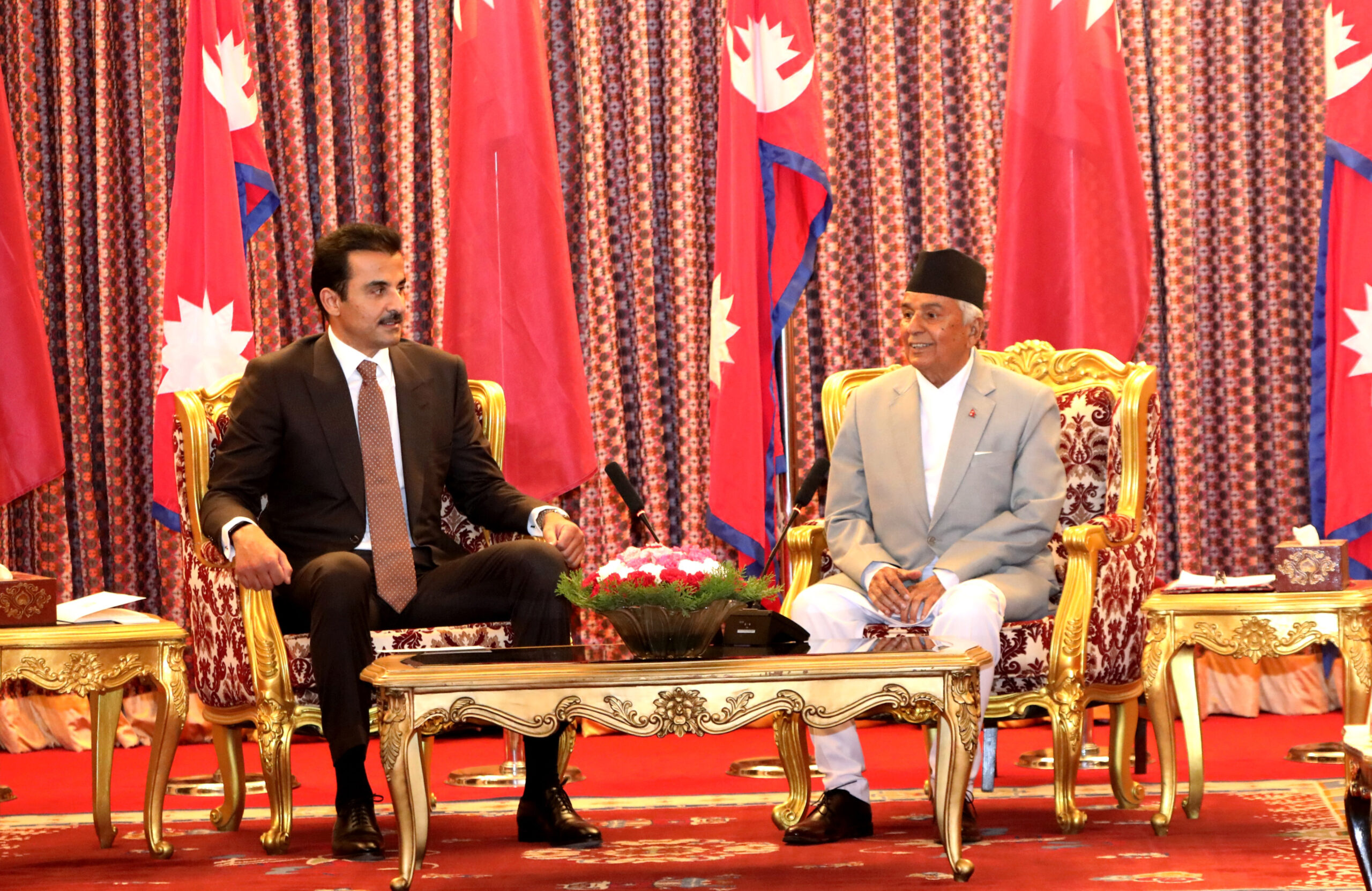
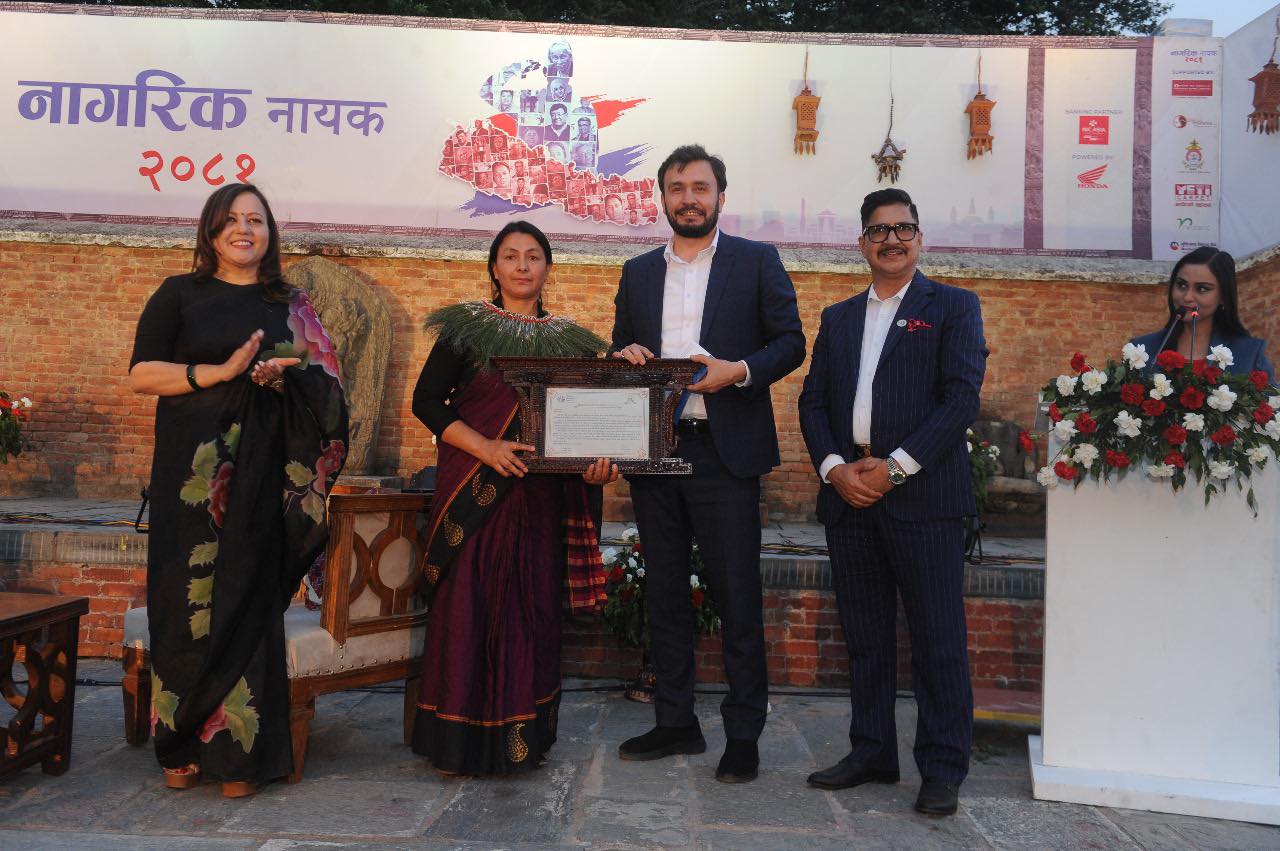
Leave A Comment